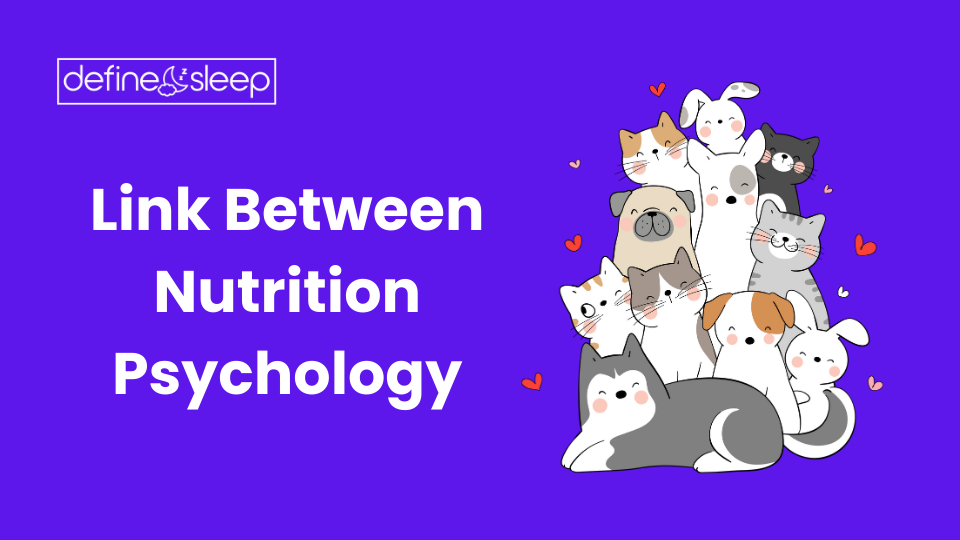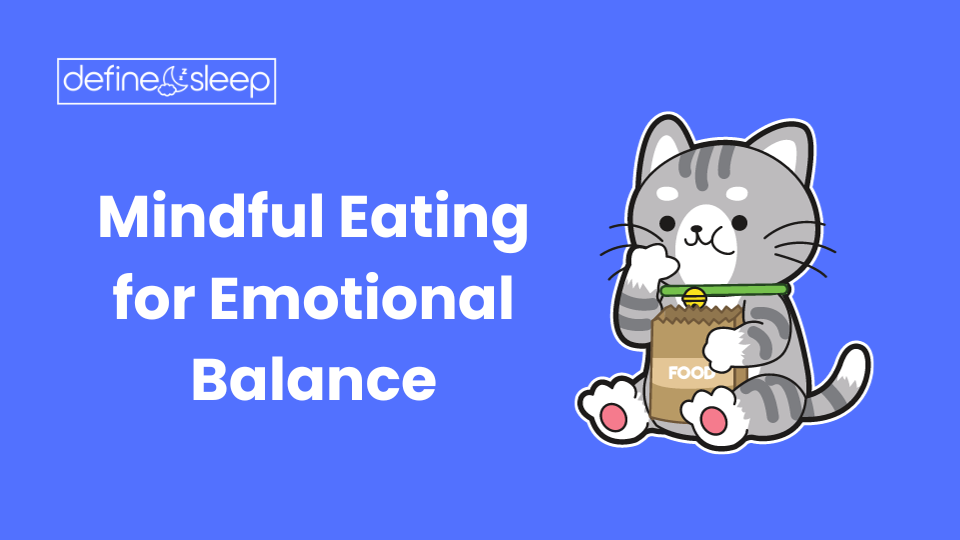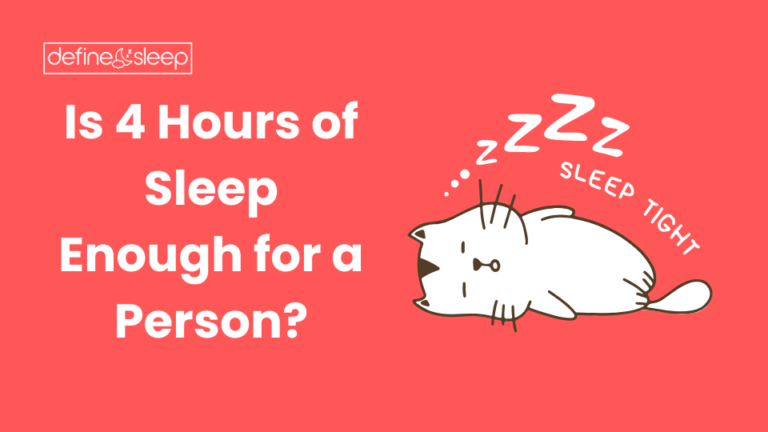Introduction
In a fast-paced world filled with constant hustle and bustle, getting a good night’s sleep is crucial for overall well-being. One often overlooked factor influencing our sleep quality is nutrition psychology. This article delves into the world of sleep-inducing foods, exploring what to eat and how emotions, particularly the lack of emotional control, can impact our sleep patterns.
The Link Between Nutrition Psychology and Sleep

Balancing Your Plate for Better Sleep
Our daily food choices play a significant role in regulating our sleep-wake cycle. Optimal nutrition is not just about fueling our bodies but also about providing the proper nutrients to promote relaxation and calmness. A balanced mix of macronutrients—carbohydrates, proteins, and fats—can contribute to a more restful night’s sleep.
Lack of Emotional Control: A Culprit in Sleep Disruptions
One of the key aspects of nutrition psychology affecting sleep is emotional control. Stress, anxiety, and emotional turbulence can disturb our sleep patterns, making it challenging to unwind and relax before bedtime. Understanding how our emotions impact our dietary choices is crucial for developing a holistic approach to sleep hygiene.
The Best Foods To Aid Your Sleep Journey

1. Magnesium-rich foods
Magnesium is a vital mineral known for its role in relaxation. Foods like almonds, spinach, and pumpkin seeds are nutritious and rich in magnesium, promoting muscle relaxation and a sense of calmness.
2. Melatonin-Boosting Foods
Melatonin, often called the sleep hormone, regulates our sleep-wake cycle. Incorporating foods like tart cherries, kiwi, and tomatoes, which naturally boost melatonin levels, can contribute to a more consistent and restful sleep pattern.
3. Tryptophan-Infused Delights
Tryptophan is an amino acid precursor to serotonin and melatonin, neurotransmitters that regulate sleep. Turkey, chicken, nuts, and seeds are excellent sources of tryptophan, making them perfect additions to your evening meals.
4. Herbal Teas for Calming Rituals
Whole grains, sweet potatoes, and quinoa are rich in complex carbohydrates, promoting the release of serotonin—a neurotransmitter that contributes to a sense of well-being and relaxation. Including these in your dinner can set the stage for a peaceful night’s sleep.
5. Complex Carbohydrates for Serotonin Release
Herbal teas like chamomile and valerian root have long been associated with relaxation and improved sleep quality. Incorporate a soothing tea ritual into your evening routine to signal your body that it’s time to wind down.
Mindful Eating for Emotional Balance

Recognizing Emotional Triggers
Lack of emotional control can manifest in unhealthy eating habits, negatively impacting sleep. Identifying emotional triggers and developing mindful eating habits can improve emotional well-being and sleep hygiene.
Stress-Reducing Techniques Before Bed
Incorporate stress-reducing practices such as deep breathing, meditation, or a light stretching routine before bedtime. These activities can help manage emotions and create a conducive environment for restful sleep.
Conclusion

Understanding the connection between nutrition psychology and emotional control is paramount in the quest for better sleep. Incorporating sleep-inducing foods and adopting mindful eating practices can pave the way for a more restful and rejuvenating night. Remember, it’s not just about what you eat but how you approach your relationship with food and emotions that can make a significant difference in your sleep journey.
FAQ

Q1. Can certain foods improve my sleep quality?
Absolutely! Certain foods contain sleep-promoting nutrients such as magnesium, melatonin, and tryptophan. Including these in your diet can positively impact your sleep by promoting relaxation and regulating your sleep-wake cycle.
Q2. How does emotional control affect sleep, and can it be improved through nutrition?
Emotional control plays a crucial role in sleep hygiene. Stress and emotional turbulence can disrupt sleep patterns. Mindful eating and incorporating stress-reducing techniques can contribute to emotional well-being, positively influencing your ability to unwind and enjoy a restful night’s sleep.
Q3. Are there specific foods I should avoid before bedtime?
Certain foods and drinks, such as caffeine, heavy or spicy meals, and sugary snacks, can negatively affect sleep. Limiting the intake of these items close to bedtime is advisable to avoid disturbances in your sleep cycle.
Q4. How can I create a bedtime routine that includes sleep-inducing foods?
Building a bedtime routine involves incorporating sleep-inducing foods and adopting calming rituals. Consider including magnesium-rich snacks, melatonin-boosting fruits, and herbal teas in your evening routine. Consistency is key, so aim to establish a relaxing pre-sleep ritual to signal to your body that it’s time to wind down.
Help From Chatgpt 4




